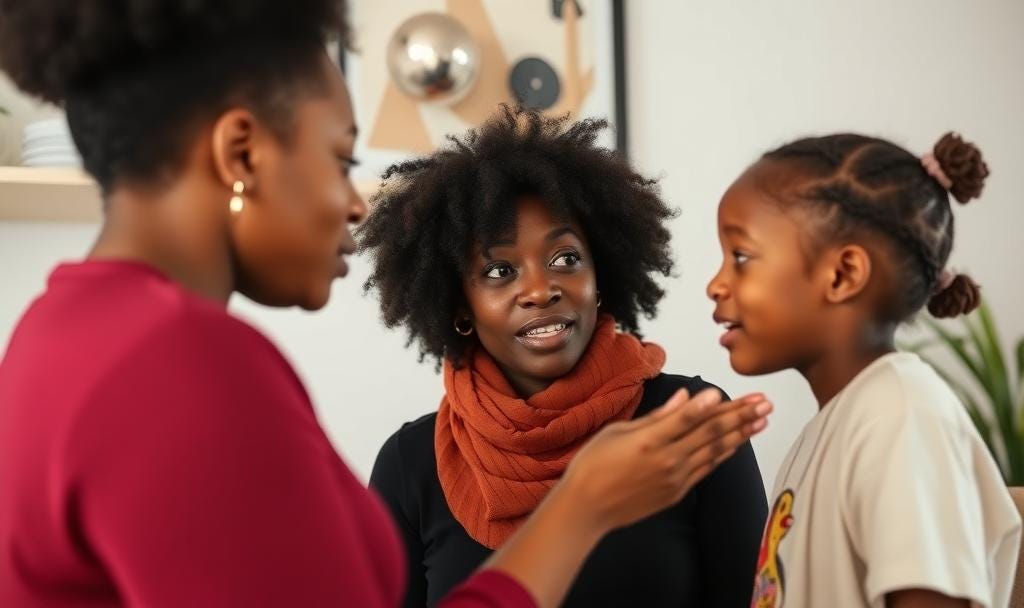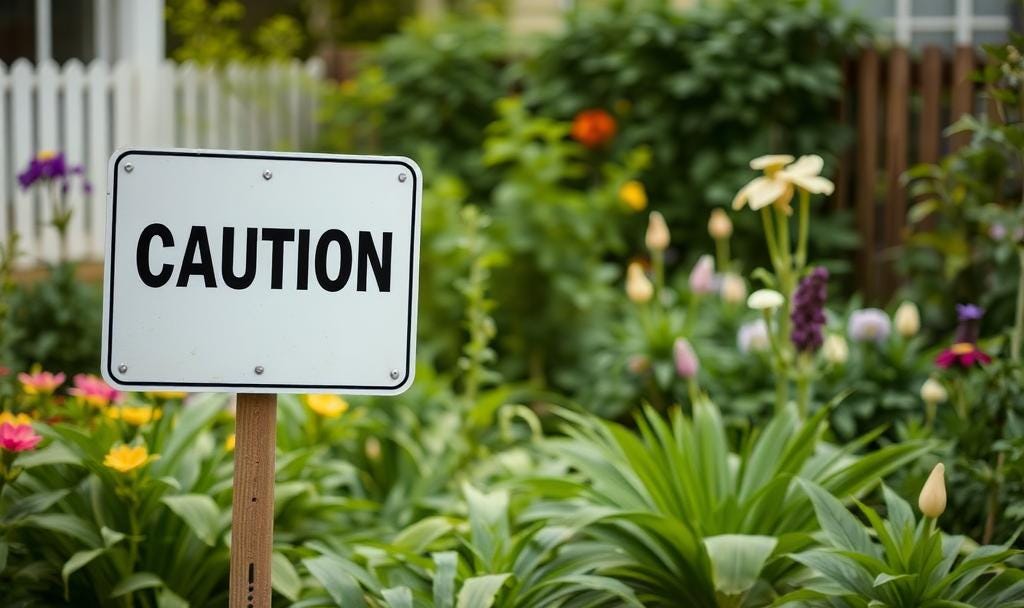The Art of Disappearing
Conversations About Isolating
Why Do People Isolate? 🌑
Throughout history, isolation has been both a survival instinct and a spiritual practice. In many cultures, ancestors would go into hiding—not out of shame, but for safety, protection, and self-discovery. Families and communities knew that stepping away from the familiar allowed one to reflect, learn, and gain wisdom without external pressures.
Pros of isolating:
Time to process emotions and experiences
Space to learn about oneself without distraction
Opportunity to protect oneself from harm
Cons of isolating:
Emotional disconnect from loved ones
Feeling misunderstood or lonely
Risk of detachment from community support
Isolation is often misunderstood, but it is fundamentally a survival instinct—a natural way humans protect their mental, emotional, and physical well-being when circumstances demand it.
Why I Isolated…🤫
For me, isolating was a lesson learned in childhood. From a young age, I realized there were many secrets in the world—especially when it came to understanding adults. My elders would send us outside to play or keep us out of grown folks’ conversations. While their intention was protection, the effect felt like rejection from knowledge, from truth, and from understanding.
This protection sparked a rebellion in me. I resisted conformity to socially accepted beliefs and behaviors because I realized that rejection often hurt more than physical pain. People judged or condemned you for thinking differently.
In response, I changed my number, my location, and sometimes even myself. Some of these changes were for growth and safety, others carried the unintended consequences of disconnection.
Isolation Causes Harm 💔
Isolation is not inherently negative, but it can be harmful—especially for those who rely on external validation or guidance. When a person isolates without cultivating the art of seclusion, it can:
Create misunderstanding between self and community
Foster loneliness or depression
Lead to a sense of disconnection from reality and support systems
Isolation can harm both the individual and the immediate community when communication, empathy, and shared responsibility are limited. Understanding this balance is crucial for using solitude as a tool rather than a trap.
The Art of Evolving 🌱
Despite the risks, isolation can be a powerful catalyst for growth. When approached with intention, it allows for:
Self-discovery: Understand your desires, boundaries, and values
Safety: Protect your mental and emotional energy
Healing: Process trauma, grief, or difficult experiences
Skill-building & hobbies: Cultivate passions, creativity, or personal projects without external pressure
The beauty of isolation lies in the ability to evolve while keeping your peace. It’s an art of being alone without being lonely, and a space where true personal growth can flourish.
In Conclusion 🌹
Isolation is both instinct and choice. We disappear sometimes to protect ourselves, to learn, to rebel, and to heal. While it can create harm if misused, it also offers profound benefits: self-discovery, safety, creativity, and personal growth.
Positive affirmation: Taking time for yourself is not selfish—it is necessary for your evolution and well-being.
Always remember:
“When life gives you thorns, search for roses.”





